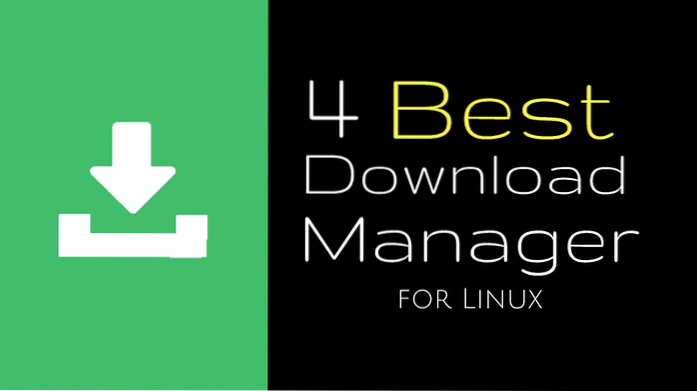The procedure to list what packages are installed on Ubuntu:
- Open the terminal application or log in to the remote server using ssh (e.g. ssh user@sever-name )
- Run command apt list --installed to list all installed packages on Ubuntu.
- How do I list installed programs on Ubuntu?
- How do you check all installed packages in Linux?
- How do I list apt repositories?
- How do I find apt repository?
- How do I see installed programs on Linux?
- How do I know what Python packages are installed on Linux?
- How do I find my yum repo list?
- How do I list apt-get packages?
- How do I install apt add repository?
- What is apt-get repository?
- How do I specify apt-get install?
- How do I find packages in Linux terminal?
- What is apt-GET command?
How do I list installed programs on Ubuntu?
Open up Ubuntu software center. Go to Installed tab and in the search, simply type * (asterick), the software center will show up all the installed software by category.
How do you check all installed packages in Linux?
The procedure is as follows to list installed packages:
- Open the terminal app.
- For remote server log in using the ssh command: ssh user@centos-linux-server-IP-here.
- Show information about all installed packages on CentOS, run: sudo yum list installed.
- To count all installed packages run: sudo yum list installed | wc -l.
How do I list apt repositories?
list file and all files under /etc/apt/sources. list. d/ directory. Alternatively, you can use apt-cache command to list all repositories.
How do I find apt repository?
To find out the package name and with it description before installing, use the 'search' flag. Using “search” with apt-cache will display a list of matched packages with short description. Let's say you would like to find out description of package 'vsftpd', then command would be.
How do I see installed programs on Linux?
4 Answers
- Aptitude-based distributions (Ubuntu, Debian, etc): dpkg -l.
- RPM-based distributions (Fedora, RHEL, etc): rpm -qa.
- pkg*-based distributions (OpenBSD, FreeBSD, etc): pkg_info.
- Portage-based distributions (Gentoo, etc): equery list or eix -I.
- pacman-based distributions (Arch Linux, etc): pacman -Q.
How do I know what Python packages are installed on Linux?
There are two ways you can get the list of installed packages on python.
- Using help function. You can use help function in python to get the list of modules installed. Get into python prompt and type the following command. help("modules") ...
- using python-pip. sudo apt-get install python-pip. pip freeze.
How do I find my yum repo list?
You need to pass the repolist option to the yum command. This option will show you a list of configured repositories under RHEL / Fedora / SL / CentOS Linux. The default is to list all enabled repositories. Pass -v (verbose mode) optionn for more information is listed.
How do I list apt-get packages?
Open the terminal application or log in to the remote server using ssh (e.g. ssh user@sever-name ) Run command apt list --installed to list all installed packages on Ubuntu. To display a list of packages satisfying certain criteria such as show matching apache2 packages, run apt list apache.
How do I install apt add repository?
- Step 1: Update Local Ubuntu Repositories. Open a terminal window and enter the command to update repositories: sudo apt-get update. ...
- Step 2: Install the software-properties-common Package. The add-apt-repository command is not a regular package that can be installed with apt on Debian / Ubuntu LTS 18.04, 16.04, and 14.04.
What is apt-get repository?
An APT repository is a collection of deb packages with metadata that is readable by the apt-* family of tools, namely, apt-get . Having an APT repository allows you to perform package install, removal, upgrade, and other operations on individual packages or groups of packages.
How do I specify apt-get install?
Run the following command to install a specific version of a package Firefox in our example. So the code becomes “sudo apt install firefox=45.0. 2+build1-0ubuntu1” which needs to be executed. -s is the parameter to simulate the installation so that no erroe is encountered during the installation process.
How do I find packages in Linux terminal?
Using dpkg-query command
dpkg-query command can also search package name of any installed program or command from dpkg database. You can use –S or –search with this command to search any package based on keyword.
What is apt-GET command?
apt-get is a command-line tool which helps in handling packages in Linux. Its main task is to retrieve the information and packages from the authenticated sources for installation, upgrade and removal of packages along with their dependencies. Here APT stands for the Advanced Packaging Tool.
 Linuxteaching
Linuxteaching



